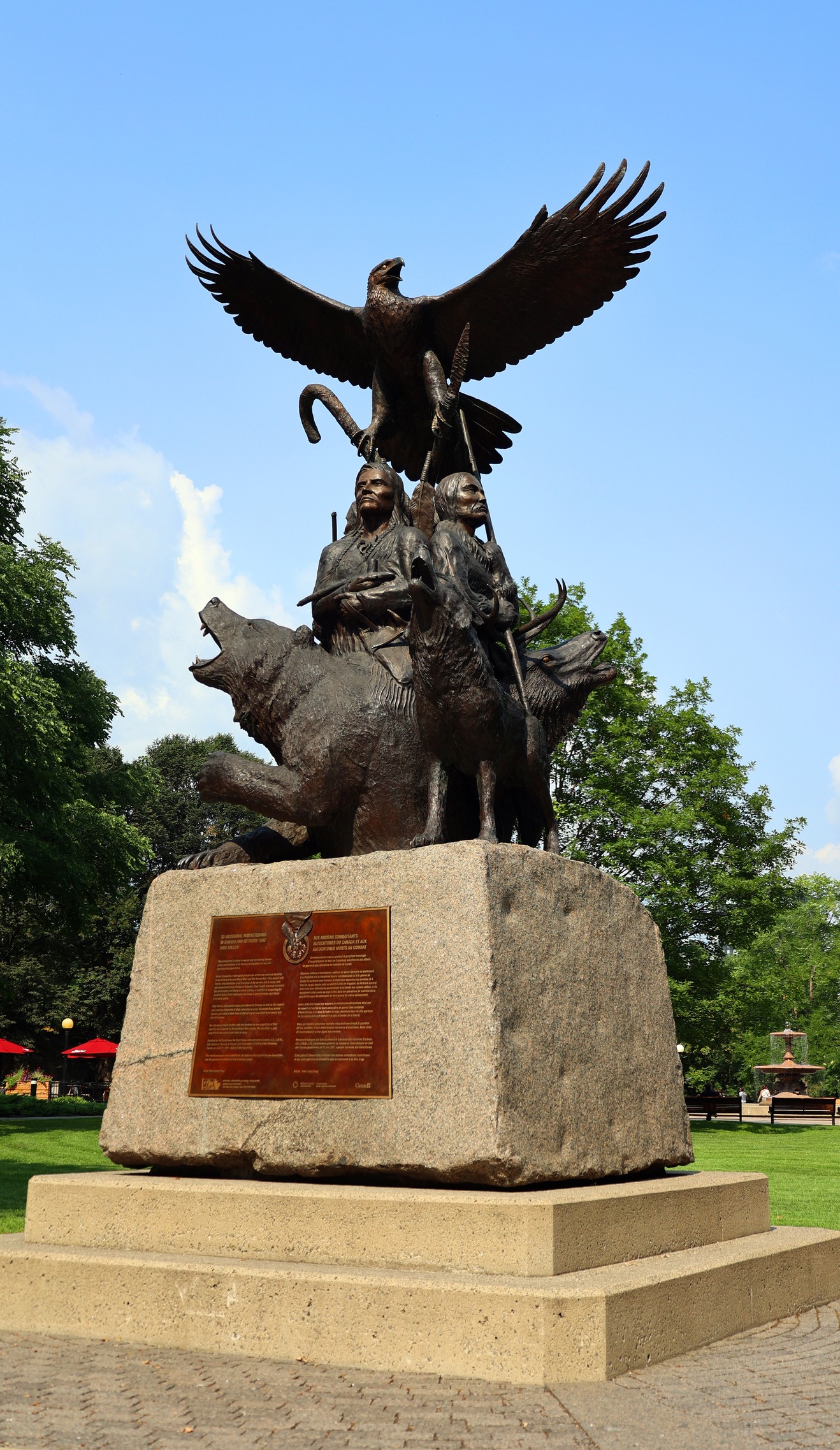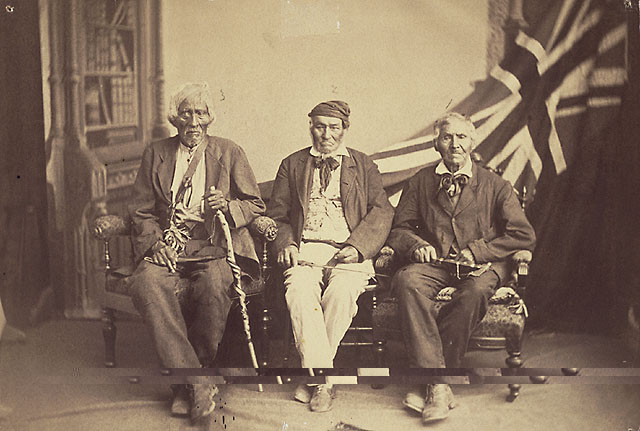Indigenous Veterans Day is observed in Canada on 8 November. The day recognizes the contributions of First Nations, Inuit and Métis veterans of the Canadian armed forces.

Indigenous Veterans Day was an initiative of the National Aboriginal Veterans Association. It was first observed on 8 November 1993. In 1994, the day was officially recognized by the government of Manitoba. (See 30 Years Later: On the Founding of Indigenous Veterans Day.) Indigenous Veterans Day is now recognized by the federal government and observed across the country. (See also National Aboriginal Veterans Monument.)
Indigenous Veterans Day commemorates the military service of First Nations, Inuit and Métis men and women, particularly during the First World War, Second World War and Korean War. (See also Indigenous Peoples and the World Wars). Indigenous military contributions played a key role in earlier conflicts as well (see First Nations and Métis Peoples in the War of 1812). Moreover, Indigenous servicemen and women have been involved in missions and peacekeeping operations since the Cold War, including the War in Afghanistan. Indigenous reservists also serve with the Canadian Rangers.
Prominent Indigenous veterans include Francis Pegahmagabow, John Shiwak, Henry Norwest, Tom Longboat, Joseph Benjamin Keeper, Alexander George Edwin Smith, David Kejick and Edith Monture in the First World War and Charles Henry Byce, David Greyeyes-Steele, Margaret Pictou LaBillois, Huron Brant and Tommy Prince in the Second World War. Significantly, Oliver Martin reached the rank of brigadier during the Second World War, the highest rank attained by an Indigenous soldier to that point. In 2022, Jocelyn (Joe) Paul became the first Indigenous officer to command the Canadian Army.

 Share on Facebook
Share on Facebook Share on X
Share on X Share by Email
Share by Email Share on Google Classroom
Share on Google Classroom

















